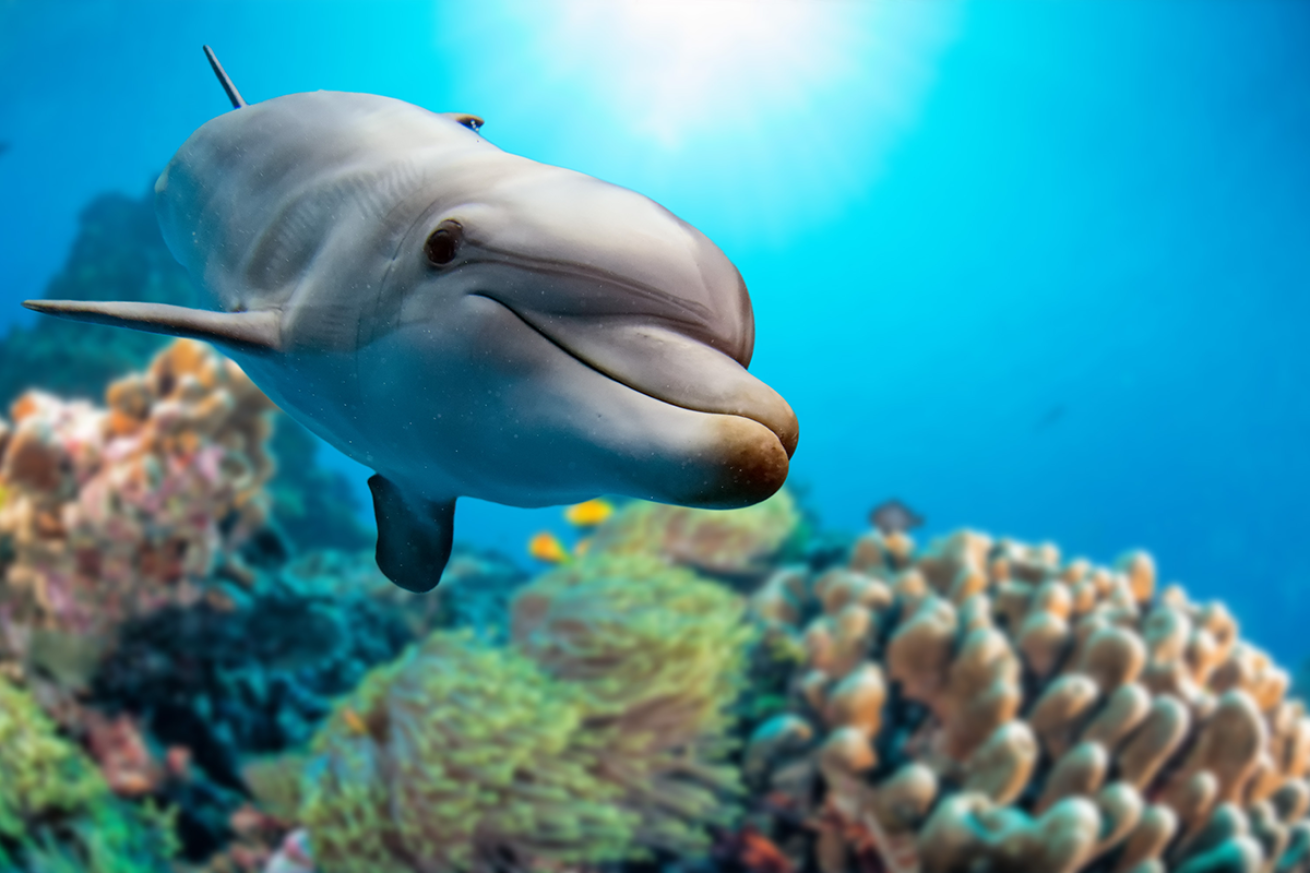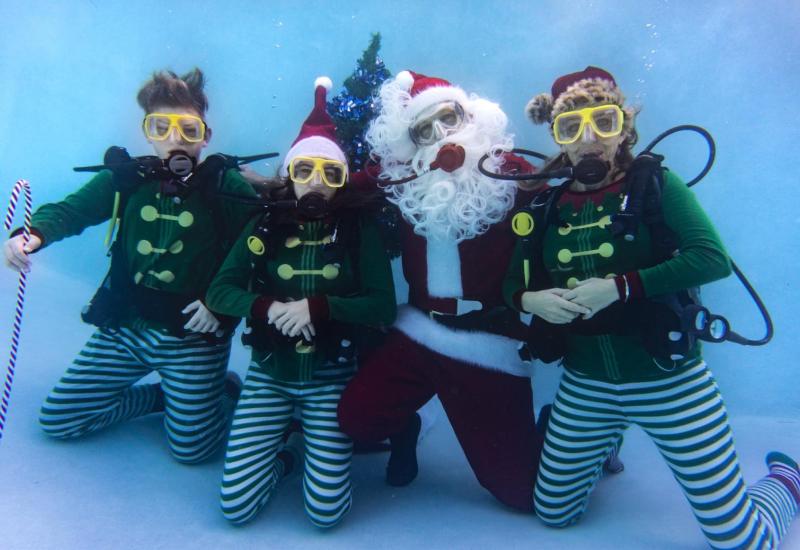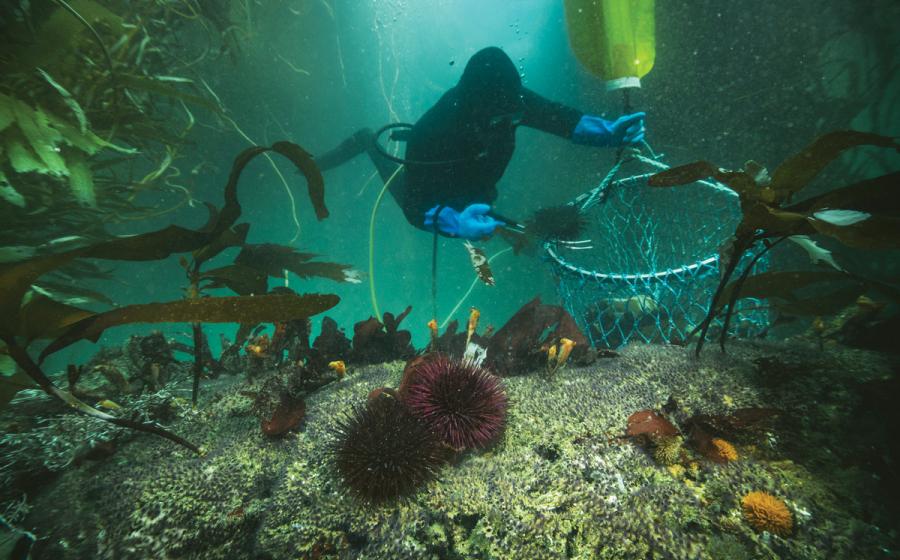Red Sea Research Indicates Dolphins Use Corals for Skincare

Shutterstock.com/Andrea IzzottiDolphins in the Red Sea have been observed rubbing against specific coral species, an action scientists theorize prevents and treats skin infections.
Imagine you’re diving in the Red Sea, off the Egyptian coast, and you observe a pod of Indo-Pacific bottlenose dolphins playing on a coral reef. They organize, line up and take turns rubbing their bodies against a particular type of coral. Very unusual behavior, you think.
That’s exactly what happened thirteen years ago to Angela Ziltener, a marine biologist and the president of the nonprofit, Dolphin Watch Alliance. She regularly dives with the mammals, but she’d never seen that before.
“It was clear that the dolphins knew exactly which coral they wanted to use,” Ziltener said. “I knew there had to be a reason.”
Watch:
Over the next decade, Ziltener observed roughly 360 dolphins in the wild and analyzed the chemical makeup of the specific coral they preferred to rub against. Now, she and her team think they know what that reason is: skin care.
More specifically, the dolphins may be “self-medicating” using mucus that the coral releases when rubbed up against. Samples from the preferred coral have “antibacterial, antioxidative, hormonal and toxic compounds” that the dolphins could be using to prevent or treat skin infections, said coauthor and chemist Gertrud Morlock.
Ziltener, Morlock and their colleagues published their discovery in iScience. More research is needed to confirm their findings. Some scientists not involved with the study believe the dolphins rub against corals because it feels good rather than to protect their skin.
Regardless of why, this latest research does demonstrate the value of observing animal behaviors up close and in the wild. Ziltener emphasized how her her skills as a diver and ability to put the dolphins at ease afforded her this “dolphin’s-eye view” of their natural behaviors. According to the marine biologist, dolphins waking from a nap would immediately perform their coral-rubbing rituals.
Two species of coral are preferred: toadstool leather and the gorgonian-type bushy sea rod. Ircinia, a sea sponge, is also used. The dolphins rub their body parts against the hard coral to abrade their skin and then absorb the coral mucus excreted on additional passes, the scientist believes. Dolphins sometimes even plucked toadstool leather coral from the seafloor and tossed them around, causing green and yellow compounds to release into the water. They then swam through these much like a person walks through a perfume spritz, the scientist explained.
“It’s almost like they are showering, cleaning themselves before they…get up for the day,” she said. The behaviors “are almost like a ceremony,” Morlock added.
Observations of the pod told the scientists that the behavior was socially-learned rather than innate. The same goes about the knowledge of the bioactive compounds in the coral and sponges. Dolphin calves watched from the sidelines as adults interacted with the invertebrates; then, as calves matured, they also began behave similarly.



.png?itok=wW_XQefZ)






